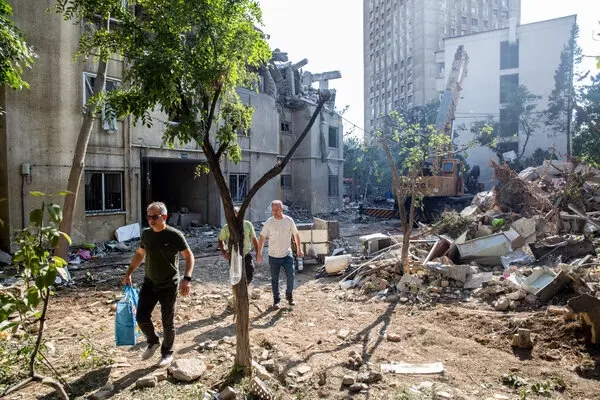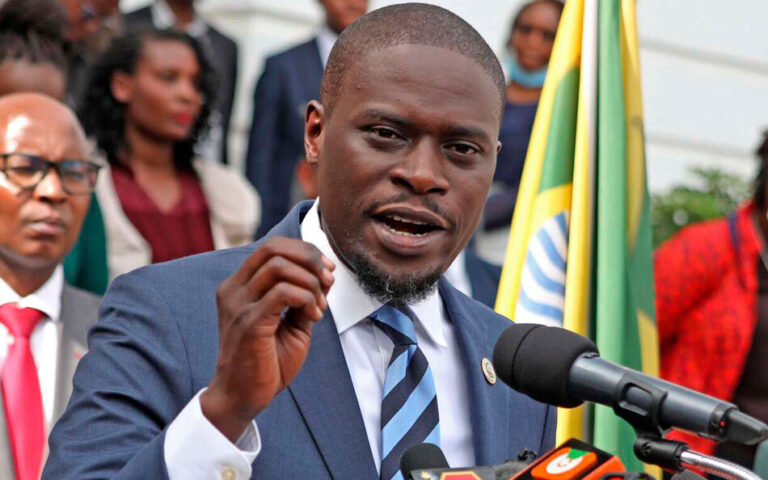
Former U.S. President Donald Trump launched a scathing rebuke against both Israel and Iran just hours after a fragile ceasefire he helped broker began to unravel. The truce, intended to end nearly two weeks of intense hostilities between the two long-standing adversaries, was quickly tested by renewed attacks, prompting Trump to intervene publicly and directly.
The ceasefire, announced early Tuesday morning, was seen as a diplomatic breakthrough following 12 days of escalating missile strikes and retaliatory bombings. Brokered largely through backchannel diplomacy led by Trump and assisted by Qatari and Turkish intermediaries, the truce aimed to halt further military actions and prevent the regional conflict from spiraling out of control.
However, within hours of the ceasefire taking effect, fresh airstrikes were reported in Tehran and southern Iran. Israeli warplanes, according to multiple regional sources, launched a limited but targeted attack on what they claimed was an Iranian radar installation linked to earlier missile launches.
Iranian state media denied any aggressive action from their side, asserting that their forces had fully complied with the ceasefire agreement. Nevertheless, Israeli officials insisted Iran had fired several short-range missiles overnight, some of which were intercepted, while others reportedly landed harmlessly in desert areas.
As the situation escalated, Trump took to his social media platform, Truth Social, to express outrage at both sides. In an unusually blunt post, he wrote, “Israel and Iran don’t know what the f*** they’re doing. We worked hard to stop a war. This wasn’t the plan.”
He did not spare his long-time ally, Israel. In fact, the most pointed criticism was directed at Prime Minister Benjamin Netanyahu. “Israel agreed to a ceasefire and then launched massive strikes. That’s not how diplomacy works,” Trump added in a later statement during an impromptu press conference at Mar-a-Lago.
Sources close to the former president revealed that Trump personally called Netanyahu in the early hours following the strikes. The conversation, described as “tense but respectful,” reportedly led to Israel halting any further planned attacks. A single strike on a radar installation proceeded, but several others, targeting infrastructure near Tehran and Isfahan, were called off.
Netanyahu’s office later released a statement confirming that Trump had requested “restraint in the interest of peace” and that Israel would abide by the spirit of the ceasefire moving forward.
Meanwhile, Iran’s Foreign Ministry stated that they remained committed to the truce but would respond to any further aggression. “We were attacked despite our full compliance. We reserve the right to defend ourselves,” a spokesperson said during a televised briefing in Tehran.
Global reactions to the brief breakdown in the ceasefire have been mixed. European Union leaders urged all parties to honor the truce and return to diplomatic channels. China and Russia praised the ceasefire but warned that any resumption of hostilities could lead to a wider conflict. Gulf states, including the UAE and Saudi Arabia, expressed cautious optimism while bracing for potential disruptions to regional oil production and trade.
Financial markets, which had initially surged on news of the ceasefire, wavered slightly after reports of continued hostilities. Oil prices briefly spiked before stabilizing later in the day as further escalation appeared to be avoided.
Though tensions remain high, both Israel and Iran have since reiterated their commitment to the ceasefire. Trump, who played an uncharacteristically central role in the negotiations, framed his intervention as a necessary move to prevent a full-scale war.
Whether the ceasefire holds in the coming days remains uncertain, but for now, the world watches closely as Trump’s unconventional diplomacy takes center stage once again.

